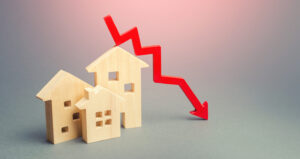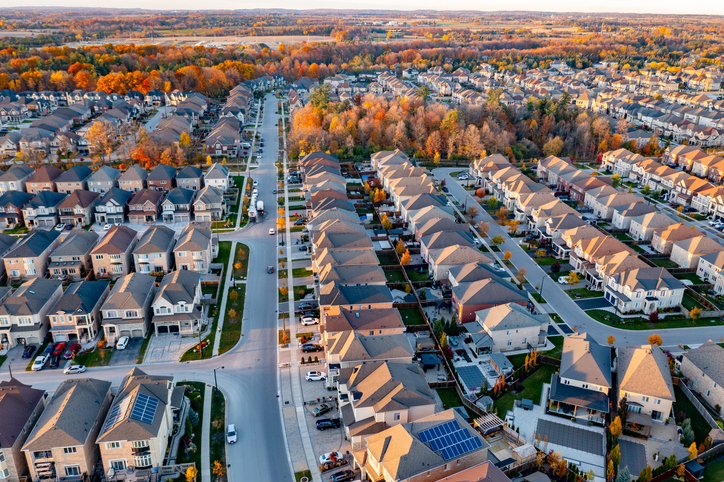Today’s Housing Market Looks Even Worse than 2008
The comments below are an edited and abridged synopsis of an article by Peter Reagan
A massive amount of US wealth ($45 trillion dollars) is tied up in homes, and that’s why the housing market matters whether you rent or own. Right now, it’s not going so great; 79% of Americans say it’s not a good time to buy a house.
A few reasons why housing is a leading economic indicator: People don’t buy a home when they can’t afford it or expect rough times ahead; construction is a $1.6 trillion sector of the economy (about 5% of GDP); nearly 4 million businesses employ about 8 million people (some 5% of the total workforce); 65% of Americans own homes, significantly more than those who have any retirement savings at all (just 50% are saving for the future).
The housing market is a $45 trillion asset. Like any other asset inflated by the Fed’s response to the pandemic panic, it is in a tight spot. The reduction in sales and price stagnation (along with the fall in new home starts) point to an economic downturn in the very near future.
That will be bad news for everyone, not just those saddled with a 7.1% 30-year mortgage on a home with a declining value.
But real estate isn’t the only real asset; there are a few assets you can generally rely on to resist the corrosive effects of inflation.
However, some inflation-resistant assets (in this case, homes) are much more economically sensitive than others. Housing is so economically sensitive you can use it to forecast economic trouble ahead.
Other real assets include physical precious metals. Gold isn’t just inflation-resistant, it’s the historic safe-haven asset of choice during periods of economic crisis.
Things are worse now than during the last housing bubble that destroyed so many dreams. It’s time to consider if your finances could survive a repeat of the Great Financial Crisis.


